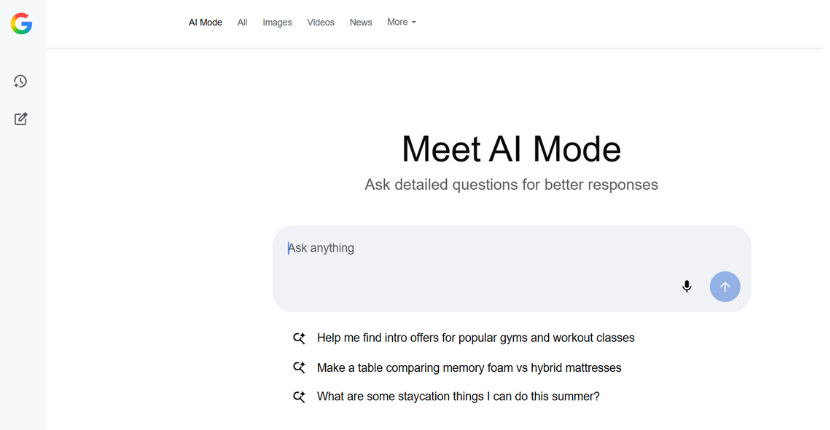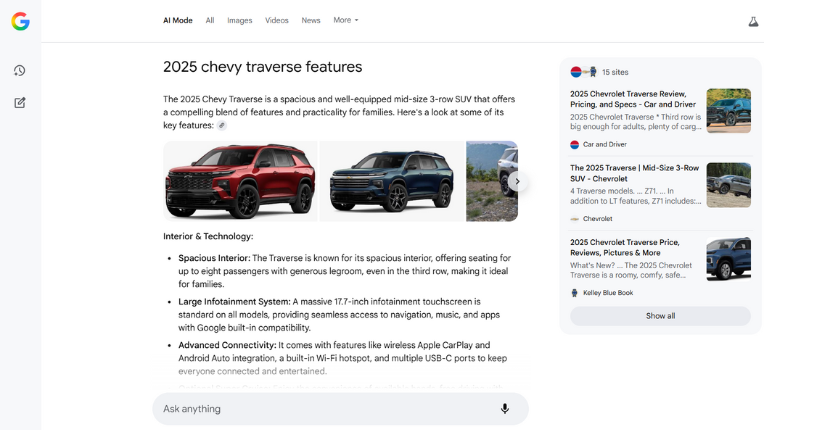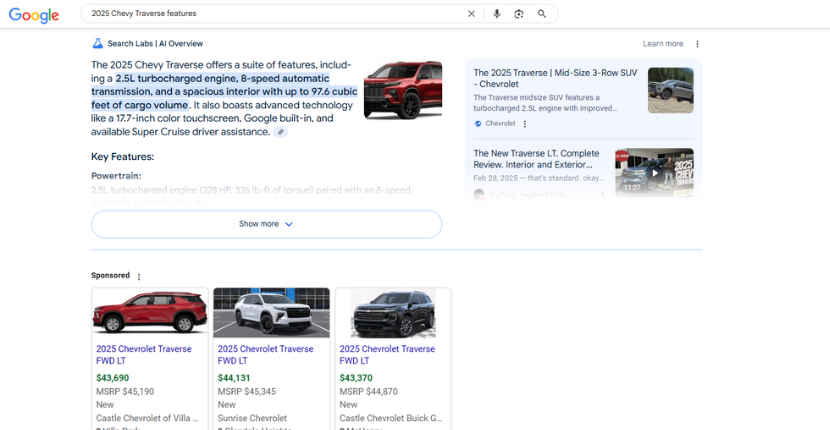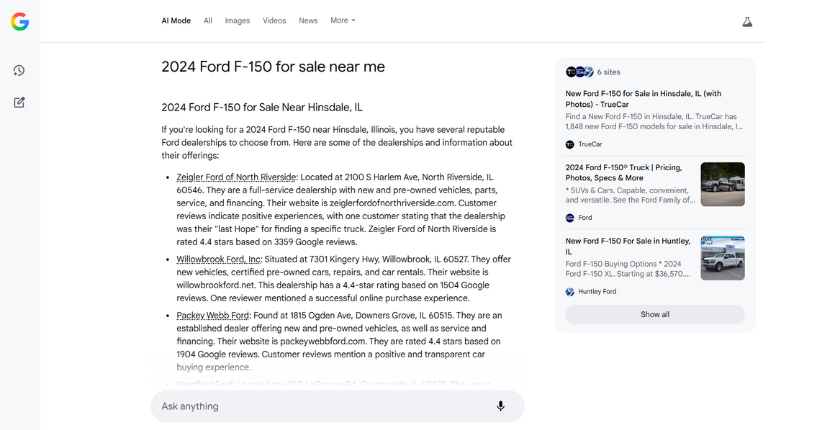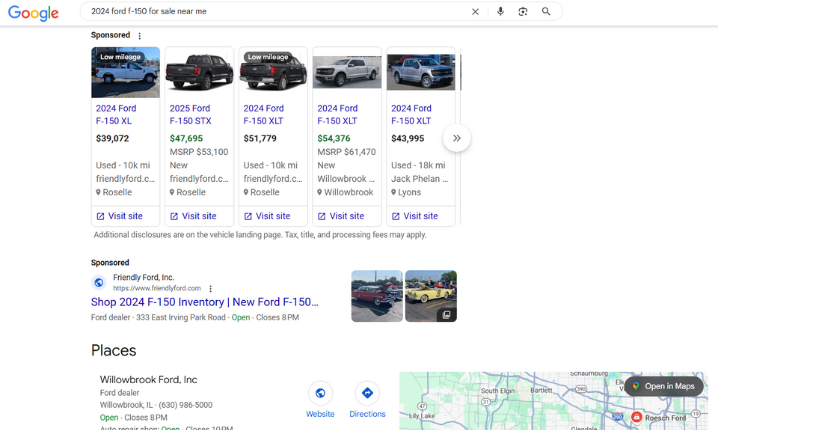AIMedia (www.aimyes.com), a leader in data-driven marketing solutions, today announced the launch of DeepSignal™, a new predictive AI-powered marketing product designed specifically for automotive dealers to identify and engage consumers most likely to purchase.
DeepSignal uses advanced predictive AI to analyze consumer behaviors and buying journeys, identifying new shoppers whose actions closely align with those of past buyers. By focusing on signals near the point of purchase, the platform enables dealers to prioritize high-intent consumers earlier, driving stronger engagement, higher closing rates, and incremental sales opportunities.
Unlike traditional audience targeting approaches that rely heavily on demographics or broad interest signals, DeepSignal focuses on behavioral patterns across the automotive buying funnel. This allows dealers to reach consumers who are actively progressing toward a purchase decision, rather than those who are merely browsing or researching.
To activate these insights at scale, DeepSignal leverages Connected TV (CTV) and Online Video (OLV) channels to drive awareness and influence among high-propensity shoppers. By combining predictive intelligence with premium video environments, the platform helps dealers reach the right consumers at the right time with greater efficiency and impact.
“DeepSignal represents a meaningful step forward in how automotive dealers can use AI to drive real business outcomes,” said David McGarry, EVP of Digital, at AIMedia. “Instead of casting a wide net, dealers can now focus their marketing investments on consumers who look and behave like buyers—resulting in better performance and stronger ROI.”
DeepSignal is now available to automotive dealers and dealer groups nationwide and integrates seamlessly into existing media strategies, providing actionable insights without requiring deep technical expertise.
For more information about DeepSignal, visit www.aimyes.com.

